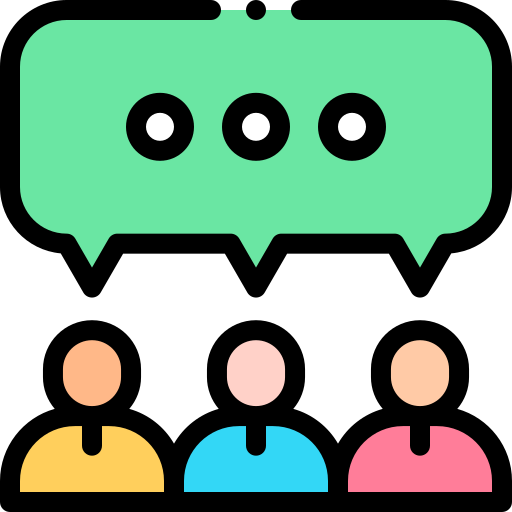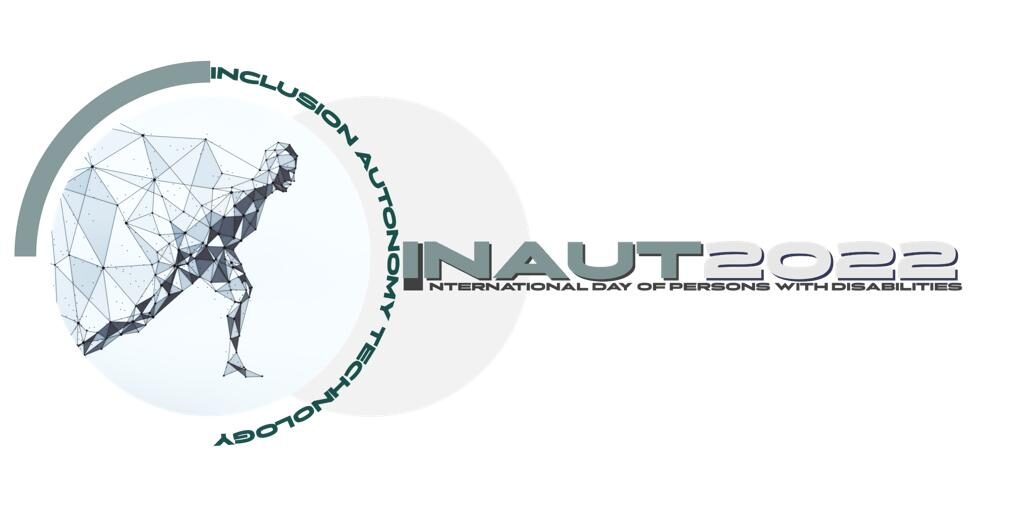Topics

INAUT 2022 focuses on models, opportunities, policies and legislation of Assistive Technology (AT) and eAccessibility enabling a more independent life, participation, inclusion and improved services and support for people with disabilities and older adults.
Accessibility addresses overcoming or proactive avoiding barriers for people with disabilities in the information society, e.g. Web, Software, Document, Communication and Conversation, Consumer Electronics (e.g. iDTV accessibility) and Built Environment Accessibility; besides aspects like guidelines, standards, techniques and tools for development, evaluation and repair, it gives a particular focus on how to include accessibility into the engineering process.
Artificial Intelligence and Autonomous Systems invite to consider Assistive Technologies and user-centered solutions for self-determined user interaction, robotics, efficient and effective service provision in all domains as accessibility, communication and translation (incl. sign/symbol languages and AAC), independent living, sheltered and inclusive work, orientation and mobility, safety and security, learning and education, personalization, health and well-being and inclusive R&D/design.
Inclusion, Economics, Policies and Legislation outline programmes, legal contexts and funding opportunities aiming at a better exploitation of ICT, AT and eAccessibility for inclusion. It calls for empirical studies and comparative analysis on the state of the art for developing and executing user driven programs.
Social Innovation and (e)Service Delivery covers all aspects (human, economic, organizational and management) involved in implementing concrete services.
Design for All (Universal Design) highlights the proactive application of principles, methods and tools to meet the requirements of the biggest possible user group including those with disabilities in fields like e.g. architecture, transport, housing, public buildings, work place, information, education.
Assessment, Profiling and Personalization calls for research on methodologies, concepts and techniques for evaluating capabilities and needs of individuals and how to translate them into computable profiles. This should allow better matching of persons and technology. IT looks into the use of alternative abilities and skills to overcome / compensate for functional limitations related to vision, hearing, motor, mobility, cognition and chronical illness.
MORE: Selected contributions will concern the development of technologies in learning environments in their beginning phase (proof of concept), intermediate phase (prototypes without user-experience research), and final phase (products adopted by end-users). The workshop encourages prototypes at an embryonic phase (TRL 1, TRL2) to enhance the project development
